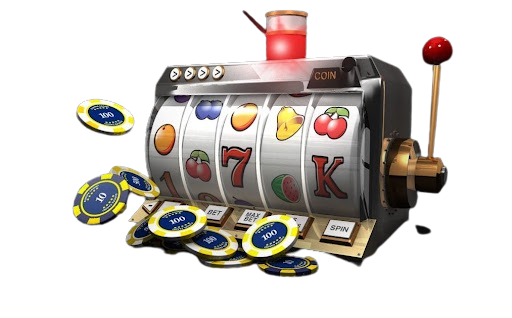In the digital age, gaming has transcended its traditional boundaries to become a global phenomenon. What once was considered a mere pastime for the youth has now burgeoned into a multi-billion-dollar industry, influencing culture, technology, and even social interaction. From the slot138 early days of Pong and Tetris to the immersive worlds of today’s massively multiplayer online games (MMOs) and virtual reality (VR) experiences, gaming has undergone a remarkable evolution.
The Dawn of Gaming
The roots of gaming can be traced back to the 1950s and 1960s when computer scientists and engineers experimented with primitive electronic games. However, it was not until the 1970s that gaming truly began to gain traction with the introduction of arcade games like Pong and Space Invaders. These simple yet addictive games laid the foundation for what would become a global obsession.
From Consoles to PCs: The Rise of Home Gaming
The 1980s witnessed the rise of home gaming consoles, such as the Atari 2600 and the Nintendo Entertainment System (NES), bringing the arcade experience into people’s living rooms. This era also saw the emergence of iconic franchises like Super Mario Bros., The Legend of Zelda, and Final Fantasy, which would go on to shape the future of gaming.
Meanwhile, the advent of personal computers (PCs) opened up new possibilities for gaming, with titles like Doom, Civilization, and Warcraft captivating players with their innovative gameplay and immersive storytelling. The PC gaming scene fostered a vibrant community of modders and indie developers, pushing the boundaries of what was possible in gaming.
The Digital Revolution: Online Gaming and Beyond
The late 1990s and early 2000s marked a pivotal moment in gaming history with the widespread adoption of the internet. This paved the way for online gaming, enabling players to connect and compete with each other in real-time across the globe. Massively multiplayer online role-playing games (MMORPGs) like World of Warcraft and EverQuest became cultural phenomena, captivating millions of players and spawning vibrant online communities.
As technology continued to advance, so too did gaming experiences. The advent of high-definition graphics, motion controls, and virtual reality (VR) brought unprecedented levels of immersion and realism to gaming. Titles like The Elder Scrolls V: Skyrim, The Legend of Zelda: Breath of the Wild, and Half-Life: Alyx pushed the boundaries of what players thought possible, blurring the lines between reality and fantasy.
Gaming as a Cultural Force
Today, gaming is more than just a form of entertainment; it is a cultural force that permeates every aspect of society. Esports, or competitive gaming, has surged in popularity, with professional players competing for millions of dollars in prize money and millions more tuning in to watch online and in stadiums around the world. Games like Fortnite and League of Legends have become global phenomena, transcending traditional notions of gaming to become mainstream cultural touchstones.
Moreover, gaming has proven to be a powerful tool for education, therapy, and socialization. Educational games like MinecraftEdu and Kerbal Space Program are revolutionizing the way we teach and learn, making complex concepts more accessible and engaging. Meanwhile, games like Animal Crossing: New Horizons and Stardew Valley provide a much-needed escape from the stresses of everyday life, fostering connections and friendships in virtual worlds.
The Future of Gaming
As we look to the future, the possibilities for gaming seem limitless. Advances in technology such as cloud gaming, artificial intelligence, and augmented reality promise to revolutionize the gaming experience once again, blurring the lines between virtual and physical worlds. Meanwhile, emerging trends like blockchain gaming and virtual economies are redefining the concept of…



